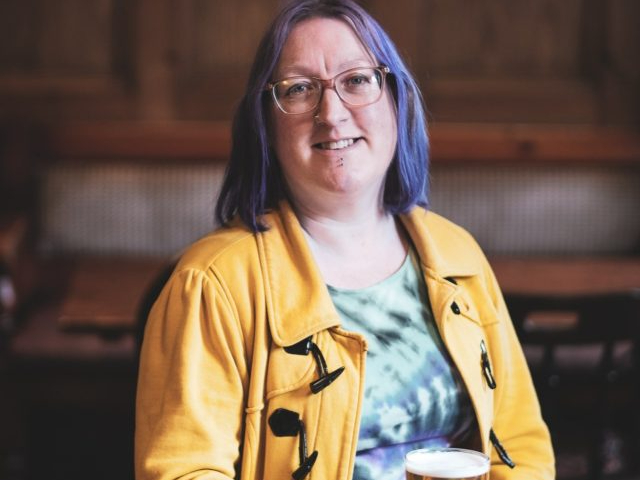This website uses cookies so that we can provide you with the best user experience possible. Cookie information is stored in your browser and performs functions such as recognising you when you return to our website and helping our team to understand which sections of the website you find most interesting and useful.
The quiet boycott
By Laura HadlandAuthor and drinks writer Laura Hadland ponders how turning down opportunities to work with beer business owners known for their toxicity can leave you feeling like you’re missing out. But reminds how sticking to your principles can also be rewarding.

I often say that beer people are the best people. I regularly stop to pinch myself because my life is filled with the most wonderful brewers, publicans and bottle shop owners. So many of them are hugely knowledgeable yet endlessly generous with their time and expertise. It is a pleasure and a privilege to learn from them.
Yet the existence of long-fought campaigns to encourage diversity, inclusion and acceptance within the industry shows that my positive experience is sadly not a universal one. The Pink Boots Society has been supporting women and non-binary people in beer globally since 2007, for example. Brave individual campaigners, like ‘Beer Writer of the Year’ David Jesudason, have been highlighting why racial equity in beer matters for several years. It is not an easy path these folks tread, putting themselves in the spotlight to challenge the status quo.
High-profile cases of sexism, racism and discrimination covered in the media show that their fight is valid and necessary. There are individuals and organisations casting a very dark shadow over the beer world. Some of them are household names. But that doesn’t mean their bad behaviour deserves tacit acceptance.
I have a personal blacklist of the companies I will not deal with because of their past actions. I don’t write about them, I don’t spend my money on them, I don’t visit them. This quiet boycott is a private affair. If I don’t agree with someone’s ethics, I don’t fan their flames. There are so many fantastic businesses out there that I do want to shout about, it’s rarely an issue.
Last week, however, I was approached by a PR company offering me a spot on a very interesting project. I was feeling pretty excited as I scanned through the details. Until I spotted one of the toxic names from my blacklist. Deflated, I immediately replied to the email letting them know that I could not participate. I told them why too.
That was that. It felt quite good for a minute. The moral high ground has a nice view, doesn’t it? But I also indulged in a moment of self-pity – after all, I was missing out and the person in question would never know.
Someone much wiser than me, when I told this story on the social media platform X, pointed out that principles are only principles if they cost us something. I can’t help but agree, though I am fortunate the cost to me is so insignificant compared to real campaigners who risk online and in-person abuse as well as mental burnout making their stand.
I encourage you to draw your own line in the sand.
Stop putting money in the pockets of people who don’t treat their colleagues and customers with respect. Don’t deal with companies who let intolerance pass unchecked. There are thousands of businesses who deserve your support instead. Seek out those beer people who are the best people.
Related news
British Guild of Beer Writers makes big diversity strides
Is gender equality in beer moving forwards if men aren't listening?
Would you be a good fit for the Women On Tap advisory board?

